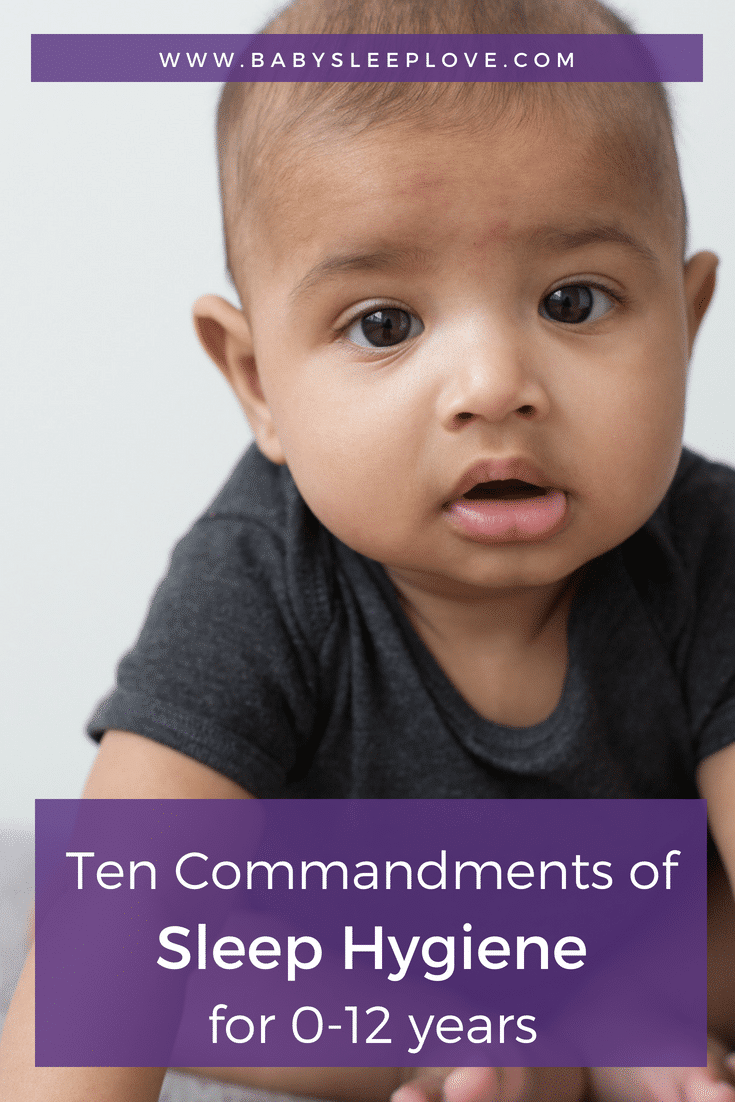As you know, sleep is my favourite topic over here at Baby Sleep Love (it’s also one of my very favourite pastimes). Every single day, I feel extremely privileged to work with my clients to help them get more of it!
So today, I want you to join me in celebrating sleep, and all its sights and sounds. The sensation of your head resting comfortably on your favourite pillow. The smell of freshly-washed sheets. The sound they make as you get settled in. The cool, quiet night air lulling you into deep restoration. I want us to celebrate the amazing feeling of waking up feeling totally refreshed. The beauty of those tiny strands of sunlight creeping through the windows and streaming innocently across your bed. That lazy, long stretch we all love to do before getting up.
I strongly believe that families with small children have the right to enjoy well-rested lives, free from the negative impacts of sleep deprivation, and full of joy and well-being. Parents sacrifice so much for their little ones, and rightfully so – you want only the best for your children. But I’m here to tell you that you do not need to suffer through one more restless night. You deserve the health and well-being that comes from consistent, sound sleep, even through those early childhood years. And guess what? So do your little munchkins.
Here are a few sobering facts:
- Sound sleep is one of the three pillars of good health along with a balanced diet and regular exercise.
- Individuals who get an entire night’s sleep without any interruptions experience lower rates of high blood pressure, diabetes, obesity and other chronic illnesses.
- Lack of sleep is related to depression and anxiety.
- Poor quality sleep and its deprivation have been associated with significant health problems, such as obesity, diabetes, weakened immune systems and even some cancers.
- 71,000 people suffer injuries every year due to sleep-related accidents.
- 1,550 people die because of sleep-related accidents.
- 46% of individuals with frequent sleep disturbances report missing work or events, or making errors at work, compared to 15% of healthy sleepers.
What about its impact – or lack thereof – on our kids?
- Healthy sleep in children improves their overall wellness and development.
- Sleep, like exercise and nutrition, is essential for metabolic regulation in children.
- There is evidence for a link between the length of sleep that children get, and childhood obesity. The findings are more apparent in girls.
So, what kind is best?
The three elements of good quality sleep for both you and your little ones are the following:
- Duration: The length of sleep should be sufficient for the sleeper to be rested and alert the following day.
- Continuity: Sleep periods should be seamless without fragmentation.
- Depth: Sleep should be deep enough to be restorative.
Many of the parents who come to me for help with their families’ sleep are having difficulties with all three of these elements. After all, as parents, who hasn’t experienced a few (or multiple) short, fragmented nights of light sleep? This is pretty much a rite of passage for parents of newborns!
10 Commandments of Sleep Hygiene for Children Ages 0-12 years
The World Sleep Society has put forward evidence-based, science-backed recommendations for better sleep for the entire family. These are the ones that apply directly to your children:
1. Go to bed at the same time every night, preferably before 9:00 p.m.
2. Have an age-appropriate nap schedule.
3. Establish a consistent bedtime routine.
4. Make your child’s bedroom is sleep conducive – cool, dark, and quiet.
5. Encourage your child to fall asleep independently.
6. Avoid bright light at bedtime and during the night, and increase light exposure in the morning.
7. Avoid heavy meals and vigorous exercise close to bedtime.
8. Keep all electronics, including televisions, computers, and cell phones, out of the bedroom and limit the use of electronics before bedtime.
9. Eliminate any sources of caffeine, including many sodas and teas (as well as iced tea).
10. Keep a regular daily schedule, including consistent mealtimes.
I agree with every single one of these, with two additional notes. As you know, I advocate for early bedtime as much as possible, with the sweet spot being between 6:30-8:30 p.m. for babies, toddlers and preschoolers. The one exception is during the first few weeks of a baby’s life, as newborns will naturally have later bedtimes. The other caveat is also about newborns. Before a baby’s day/night confusion has been sorted out (which usually happens by about 2 months old), keep exposing them to lots of daylight and normal noise during the day, including during naps. After that, yes – keep their sleep environment as dark as possible, pitch black even.
Hours of Sleep Guidelines
The World Sleep Society also recommends these guidelines for your children in a 24-hour period:
Age Sleep Needs in a 24-hour period
3-12 months 14-15 hours
1-3 years 12-14 hours
3-5 years 11-13 hours
6-12 years 10-11 hours
So, dear parents – if you need some help ensuring that your little ones are getting the quality and duration of sleep that they should be getting, and that your entire family is living its fullest expression of a well-rested life, remember that you are not alone. Many, many families struggle with this, some for much longer than others. But remember, above all, that you do not have to live every day as a half-awake human. You can gently, peacefully and successfully nudge your children toward independent, restful sleep. And if you don’t know where to start or where you might be going wrong? My sleep-loving self is right here to help you and your family get the sleep you need.
